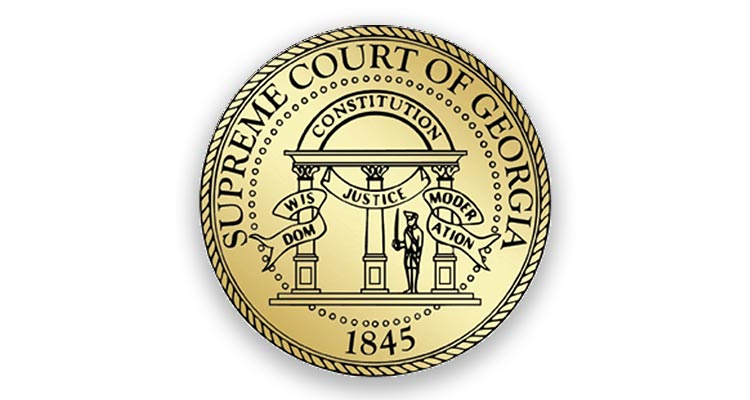
Georgia Supreme Court Rules Conservators of Minors have Precedence
In a ruling that affirms the duties of conservators of minors, the Georgia Supreme Court determined that once a minor conservator has been appointed, the minor conservator has the exclusive power to direct already on-going litigation filed on behalf of the minor child.
In the case of HALL et al. v. DAVIS LAWN CARE SERVICE, INC., et al., a grandmother filed a wrongful death lawsuit in Thomas County Superior Court on behalf of her grandchildren after their mother died. In the meantime, Mitchell County Probate Court appointed the County Conservator (also called the “minor conservator” to act on behalf of the minors.
The newly-appointed County Conservator filed multiple motions and attended several hearings to obtain control of and direct the Thomas County litigation. Ultimately, the Thomas County Superior Court removed the County Conservator from the case saying that the County Conservator had forfeited his right to represent the minors, and the Georgia Court of Appeals agreed. Under these rulings, the grandmother continued to have the ability to control the litigation.
Fortunately, the Georgia Supreme Court overturned these rulings so that the County Conservator would be able to fully manage the minors’ litigation. In its opinion, the Georgia Supreme Court recognized that the minor conservator has the “exclusive” power to litigate for the minor as appropriate for the support, care, education, health or welfare for the minor. Further, the exclusive power to litigate on a minor’s behalf begins at the appointment of the minor conservator; no other action is needed for the conservator to exercise this power. Thus, in this matter, the County Conservator did not need to file motions or take other actions to control the wrongful-death litigation. He obtained the power to control the litigation from the moment he received his appointment as a matter of law.
We work with many families that have the best interest of minor relatives at heart, but unfortunately, there are many relatives that seek to use their position of influence for personal gain. We applaud this ruling because it reaffirms the trust the court places with the conservator to make the best decisions for the minor, who are not of the age to make these difficult decisions for themselves.
If you have questions about the legal obligations of a conservator, contact Weinberg Elder Law, LLC at 404-969-5648 for a consultation.





